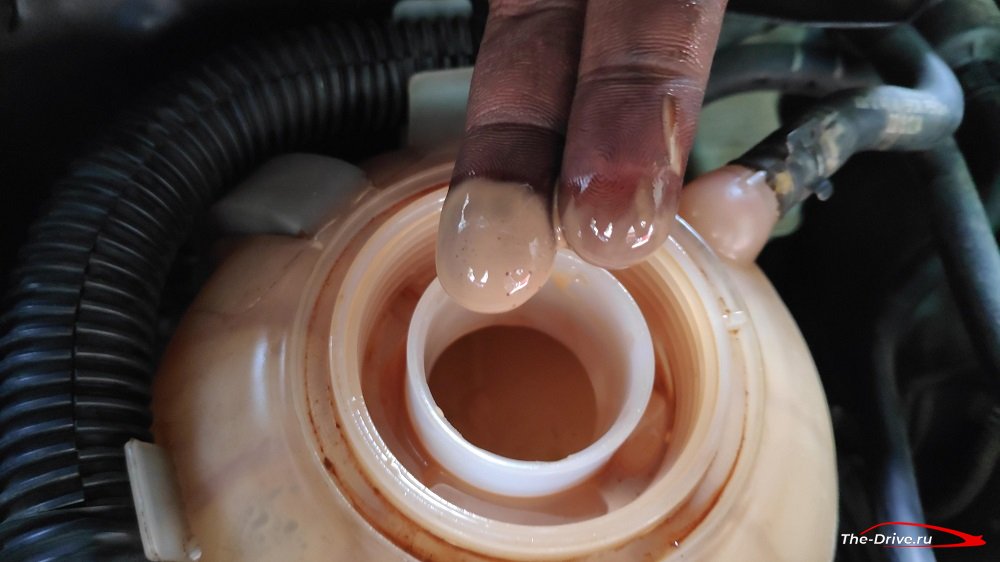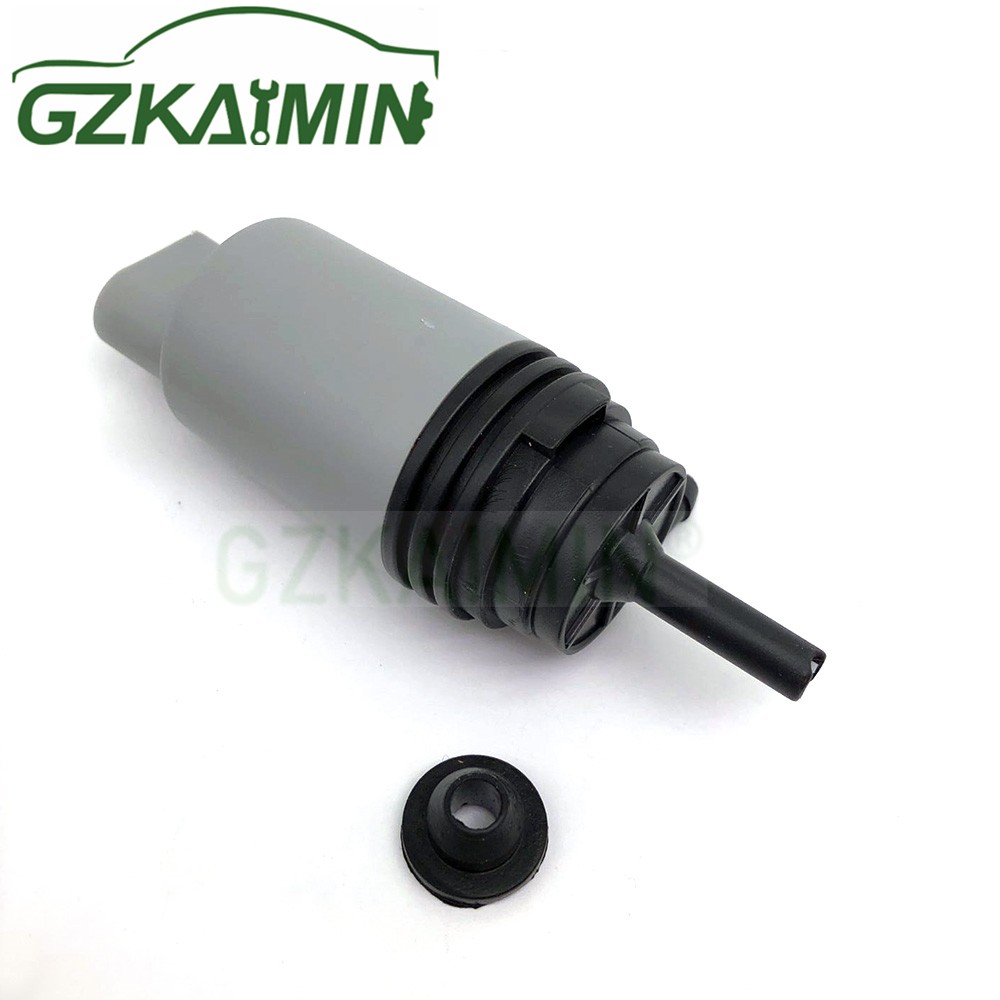
Symptoms of a Faulty or Faulty Coolant Reservoir
Common symptoms include the need to continually add coolant, detection of coolant leaks, and engine overheating.
The coolant reservoir is a plastic reservoir installed in the engine compartment that stores engine coolant. Coolant reservoirs are essential because engines go through cycles of expelling and absorbing coolant as they warm up and cool down. When the engine is cold, the pressure in the cooling system is low and more coolant is needed, and when the engine is warm, the pressure in the cooling system increases and therefore less coolant is needed.
For some vehicles, the coolant reservoir is an integral part of the system, and because it is also pressurized, the coolant reservoir becomes an even more important component of engine safety. Since the coolant reservoir is part of the cooling system, any problems with it can quickly lead to engine problems. Usually, a bad or defective coolant reservoir causes several symptoms that can alert the driver that there is a problem and should be fixed.
1. Constantly low coolant level
One of the first symptoms usually associated with a bad or faulty coolant reservoir is the need to keep adding coolant. If the reservoir cracks or develops small leaks, the coolant stored in it may leak or slowly evaporate. Leaks can be so small that they may not be noticeable to the driver, but over time they will lead to emptying of the tank. The constant need to add coolant can also be caused by a leak elsewhere in the engine, so a proper diagnosis is recommended.
2. Coolant leak
Another sign of a potential coolant reservoir problem is coolant leaks. If the coolant reservoir cracks or breaks due to age or overheating, it will leak. Small leaks can produce steam and drips, while larger leaks can create streaks and puddles, as well as a distinct coolant odor.
3. Engine overheating
Another more serious sign of a bad or faulty coolant reservoir is engine overheating. If there is any problem in the coolant reservoir that prevents it from properly holding coolant or pressurizing the system properly, it can cause the engine to overheat. Any problem that causes the engine to overheat should be corrected as soon as possible to prevent possible engine damage.
The coolant reservoir is a simple yet essential component of the cooling system and when problems occur it can quickly lead to overheating and even damage to the engine. For this reason, if you suspect that there may be a problem in your coolant expansion tank, have the car checked by a professional technician, such as an AvtoTachki specialist. They will be able to determine if the car needs a coolant reservoir replacement.
